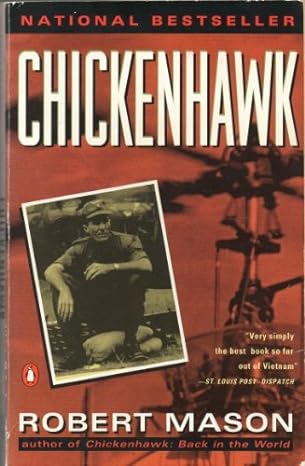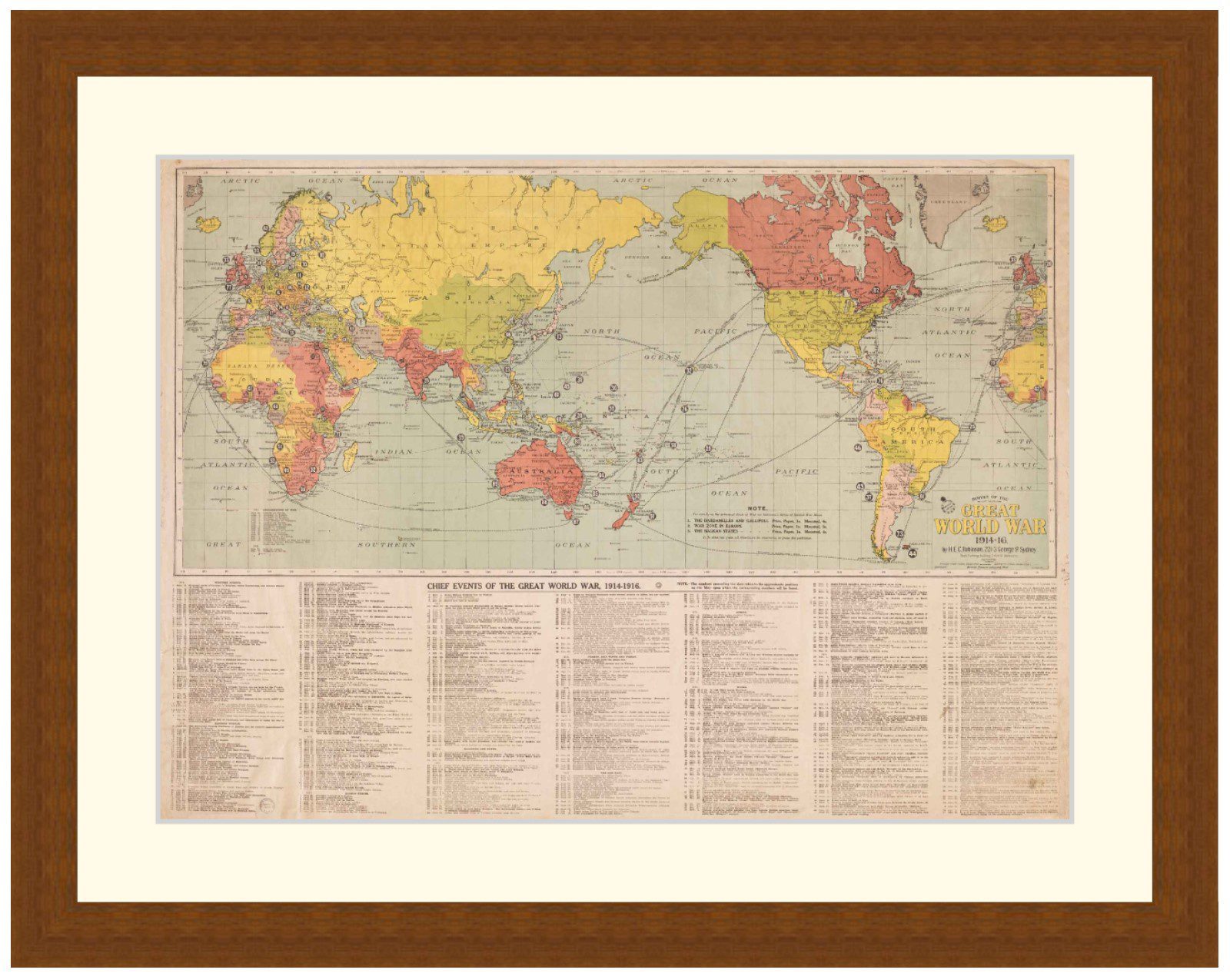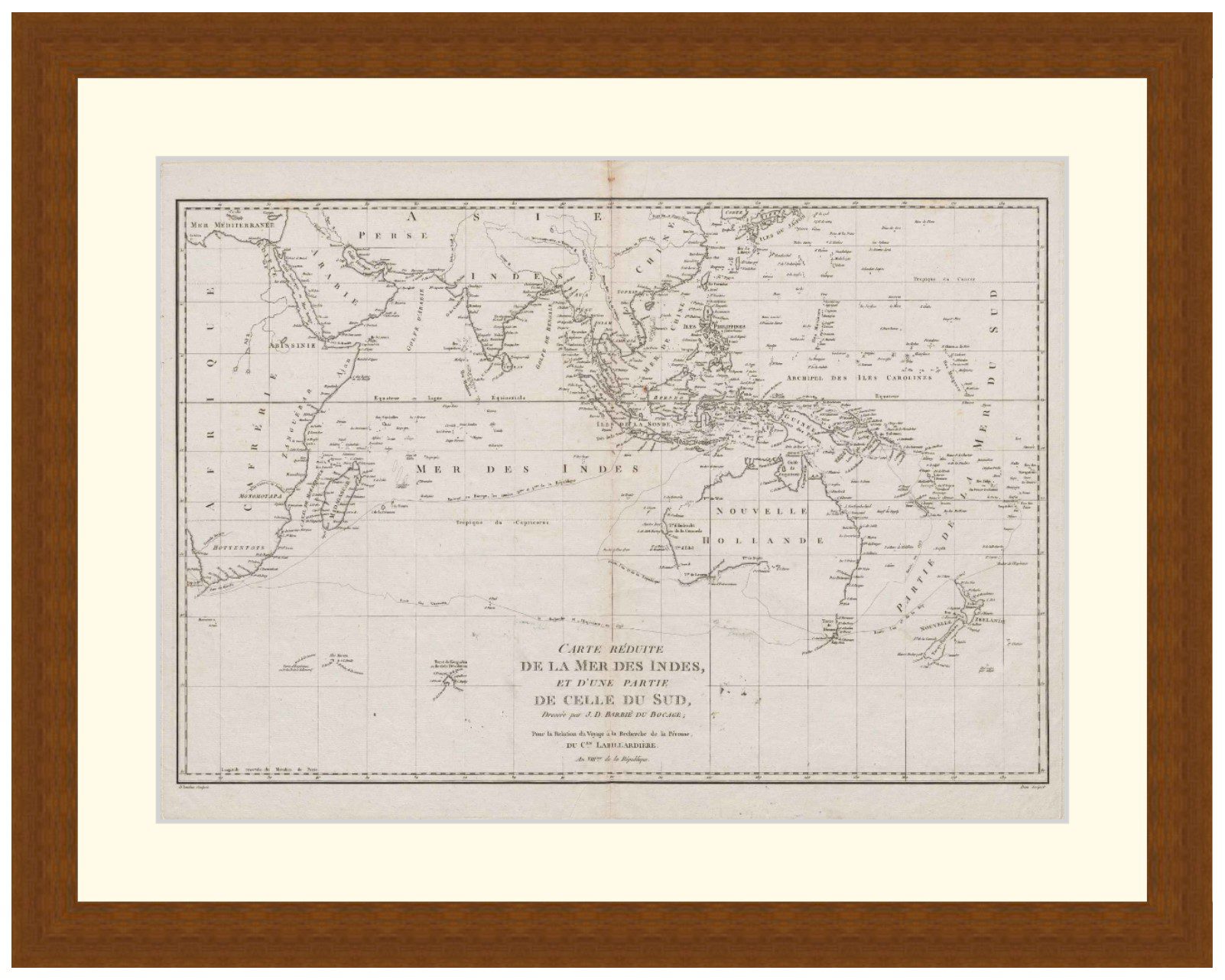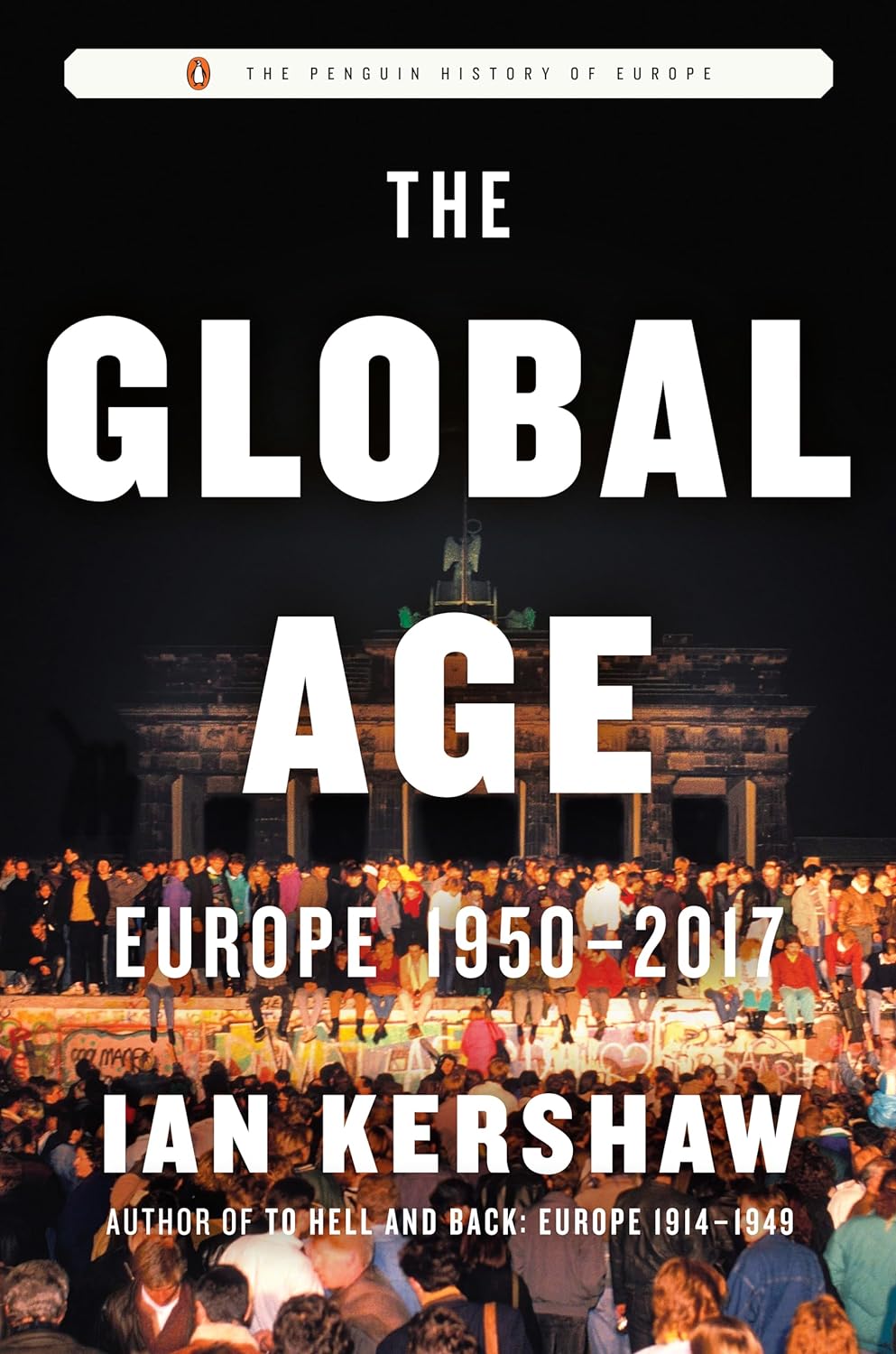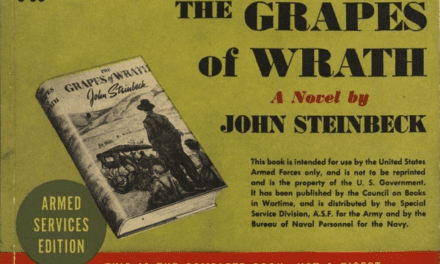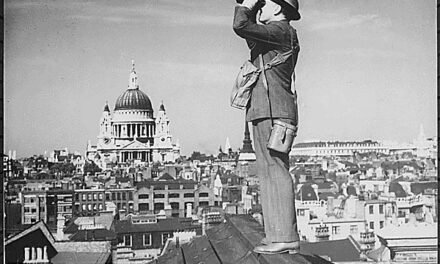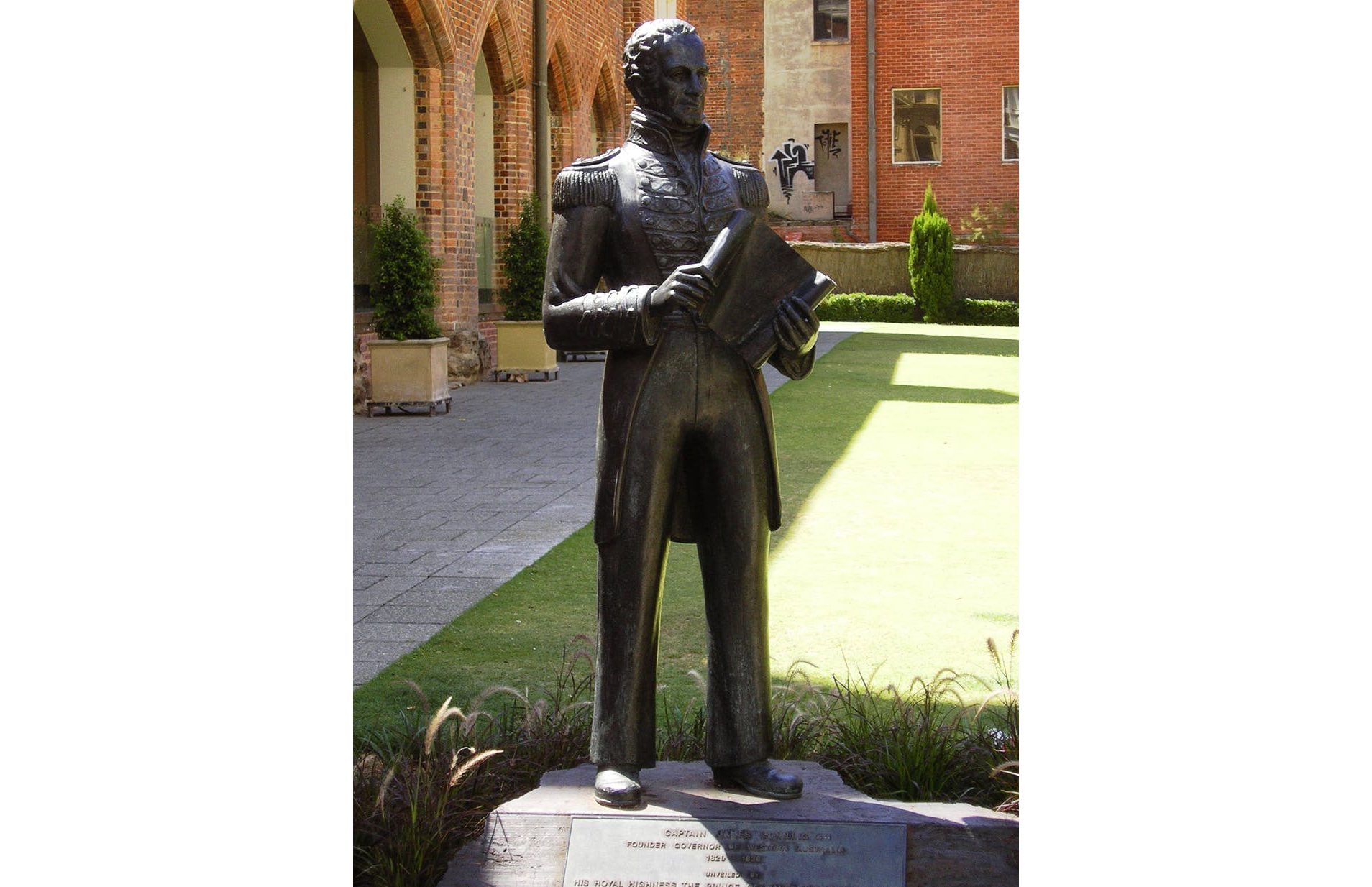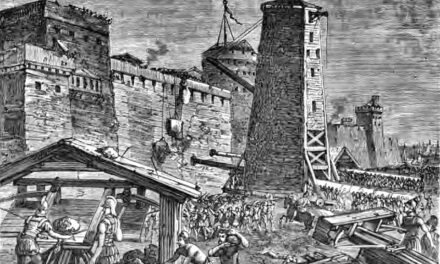Reading time: 2 minutes
Chickenhawk by Robert Mason
Robert Mason’s bestselling account of his service as a chopper pilot in Vietnam–a no-holds-barred autobiography that reveals the war’s shattering legacy in the heart of a returning vet.
Robert Mason was born in Plainfield, NJ in March 1942 and moved to DelRay Beach, FL as a small child. He grew upon a chicken farm, dreaming of flying, earned his fixed wing pilot’s license in high school, dropped out of the University of Florida after two years and joined the Army to learn to fly helicopters. He spent a 1965-66 in Vietnam flying a Huey slick in B, 229, 1st Cav and the 48th Aviation Co. He wrote his best selling memoir, Chickenhawk, seventeen years later.
“CHICKENHAWK contains the most vivid, astoundingly intense descriptions of flying ever written. It is a devastating account of men at war, of courage and cowardice, boredom and exhilaration, lasting friendship and sudden death. It is not a book for weak stomachs, but its powerful message will stay in the memory long after the last page is turned.”
Penguin
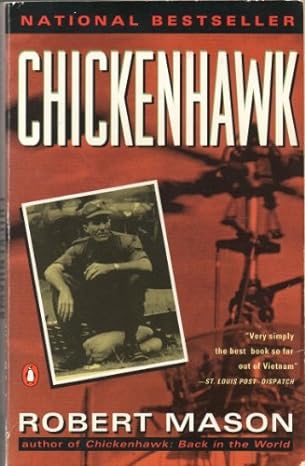
“The best book to come out of Vietnam”
John Del Vecchio, author of The 13th Valley
“Compelling… A hypnotic narrative”
The New York Times
“…thrilling, harrowing, and, finally, full of moral questioning.”
Washington Post
“I read this as a young pilot about to embark on a career flying military helicopters. It should have put me off for life. Robert Mason tells a gripping account of the relentless courage and heroism amidst the insanity of the Vietnam war.”
Tim Peake
“Chickenhawk is one bloody, painfully honest and courageous book”
Martin Cruz Smith, author
“It will stun readers”
Time
“More than any other writer, Mason has been able to capture the feeling of what it was like to be there.”
The Philadelphia Inquirer
“Absolutely stunning… it’s brilliant, and the human side of it is refreshing to read and I do recommend it to anyone with even the vaguest interest in military memoirs.”
Rob Knipe, author
“Mason recounts the war as experienced in mission after mission behind the cockpit’s vulnerable Plexiglas windshield…Mason’s gripping memoir…proves again that reality is more interesting, and often more terrifying, than fiction.”
John Patrick Diggins Los Angeles Times
“He was an everyday combat hero in Vietnam, and he has written quite a good book…endless cold sweat nights before and after repeated landings in enemy-ringed landing zones…the serious and intuitive business of flying helicopters in combat.”
Kansas City Star
“Mason’s vivid story leaves the whine of the [turbine], the solid thumps of the main rotor, the ticks of bullets hitting the aircraft and the stench of the dead as solidly in your mind as if you had been there.”
Doug Clarke, Ft. Worth Star Telegram
Chickenhawk – Book
By Robert Mason Robert Mason’s bestselling account of his service as a chopper pilot in Vietnam–a no-holds-barred autobiography that reveals the war’s shattering legacy in the heart of a returning vet. Robert Mason was born in Plainfield, NJ in March 1942 and moved to DelRay Beach, FL as a small child. He grew upon a…
Only 3 left in stock
Articles you may also like
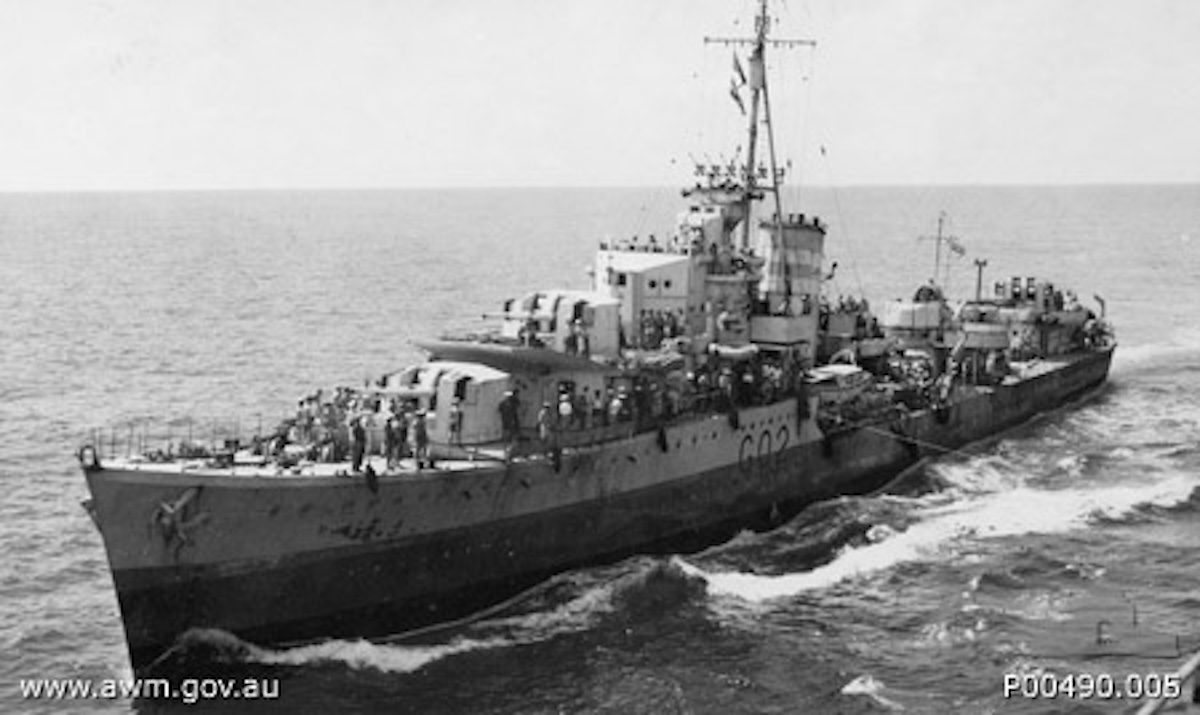
HMAS Nestor: The remarkable tale of an Australian destroyer
Reading time: 16 minutes
A convoy of 11 merchant ships escorted by 56 warships and submarines was making its way through “bomb alley” to deliver precious supplies to the besieged garrison on Malta. HMAS Nestor was just one of these warships assigned to protect this vital convoy. It was June 15, 1942, and this would be the last sunset the destroyer would ever see.
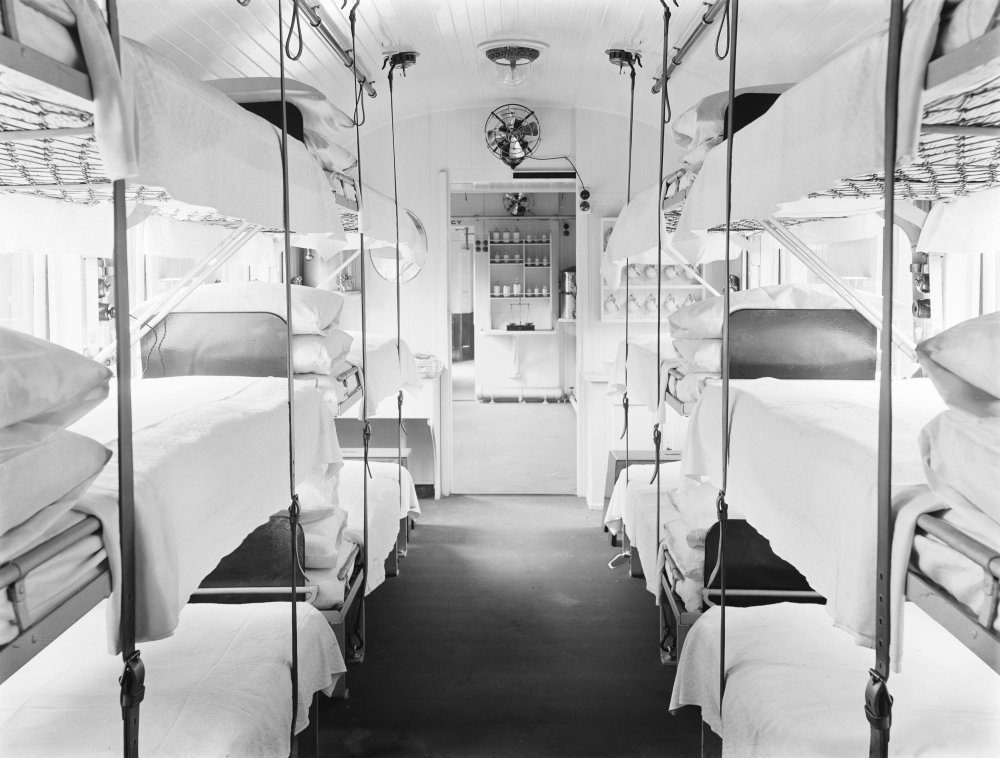
First World War ambulance trains
Reading time: 6 minutes
The railways, and the men and women who worked on them, made a significant and varied contribution during the First World War. Some railwaymen joined up to fight, and others helped to run the railways in France and Belgium, delivering men and supplies to the front line. One requirement considered early on in 1914 was the necessity of having to treat sick and wounded servicemen urgently, and the task of moving them away from the Front to hospitals and other places of recuperation.
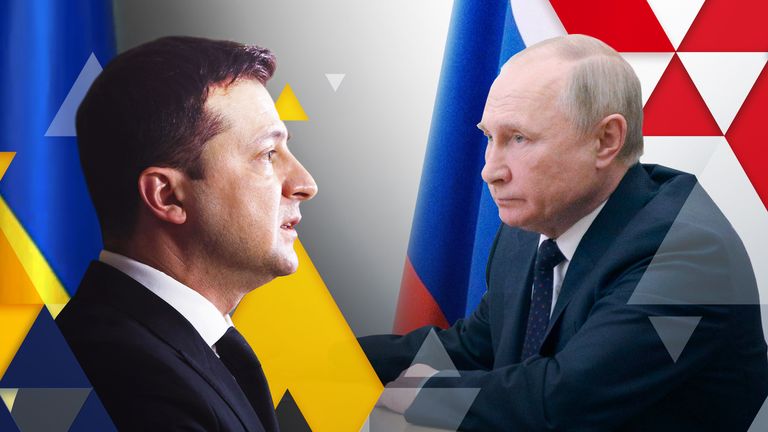
Putin’s brazen manipulation of language is a perfect example of Orwellian doublespeak
Reading time: 6 minutes
If you’ve been paying attention to how Russian President Vladimir Putin talks about the war in Ukraine, you may have noticed a pattern. Putin often uses words to mean exactly the opposite of what they normally do.
He labels acts of war “peacekeeping duties.”
He claims to be engaging in “denazification” of Ukraine while seeking to overthrow or even kill Ukraine’s Jewish president, who is the grandson of a Holocaust survivor.
The text of this article was commissioned by History Guild as part of our work to improve historical literacy. If you would like to reproduce it please get in touch via this form.

